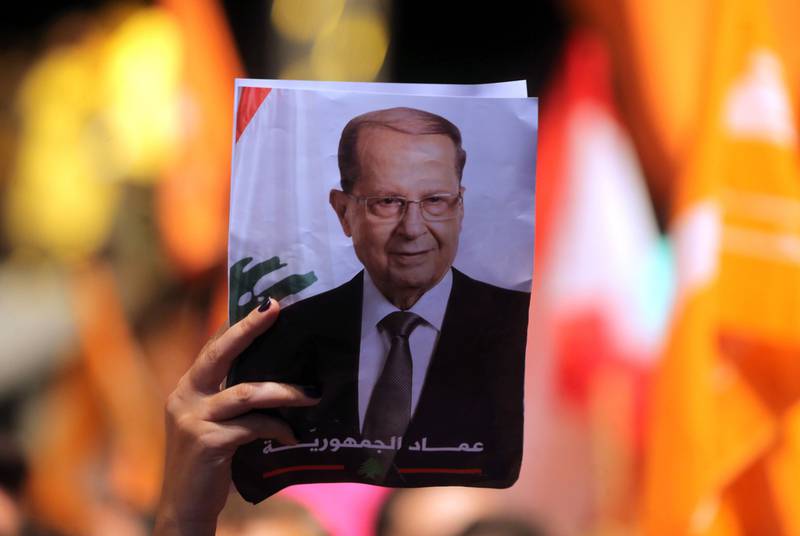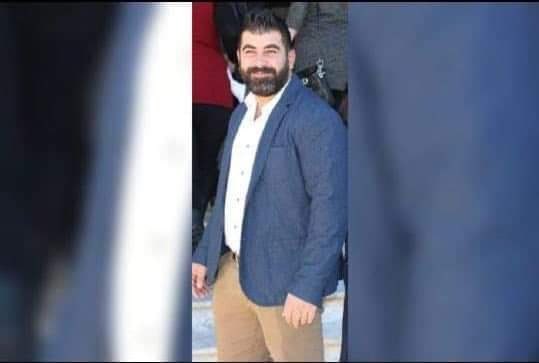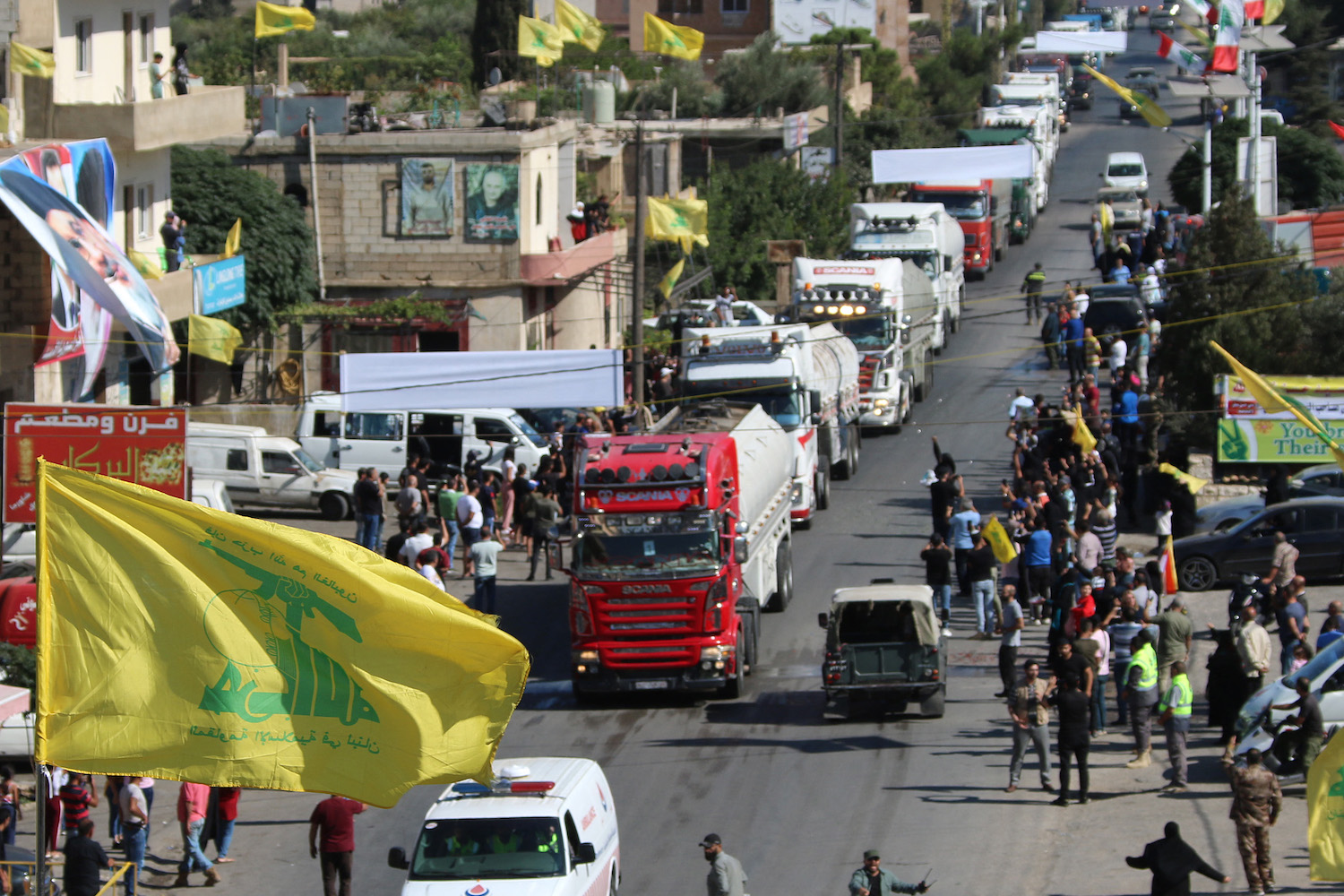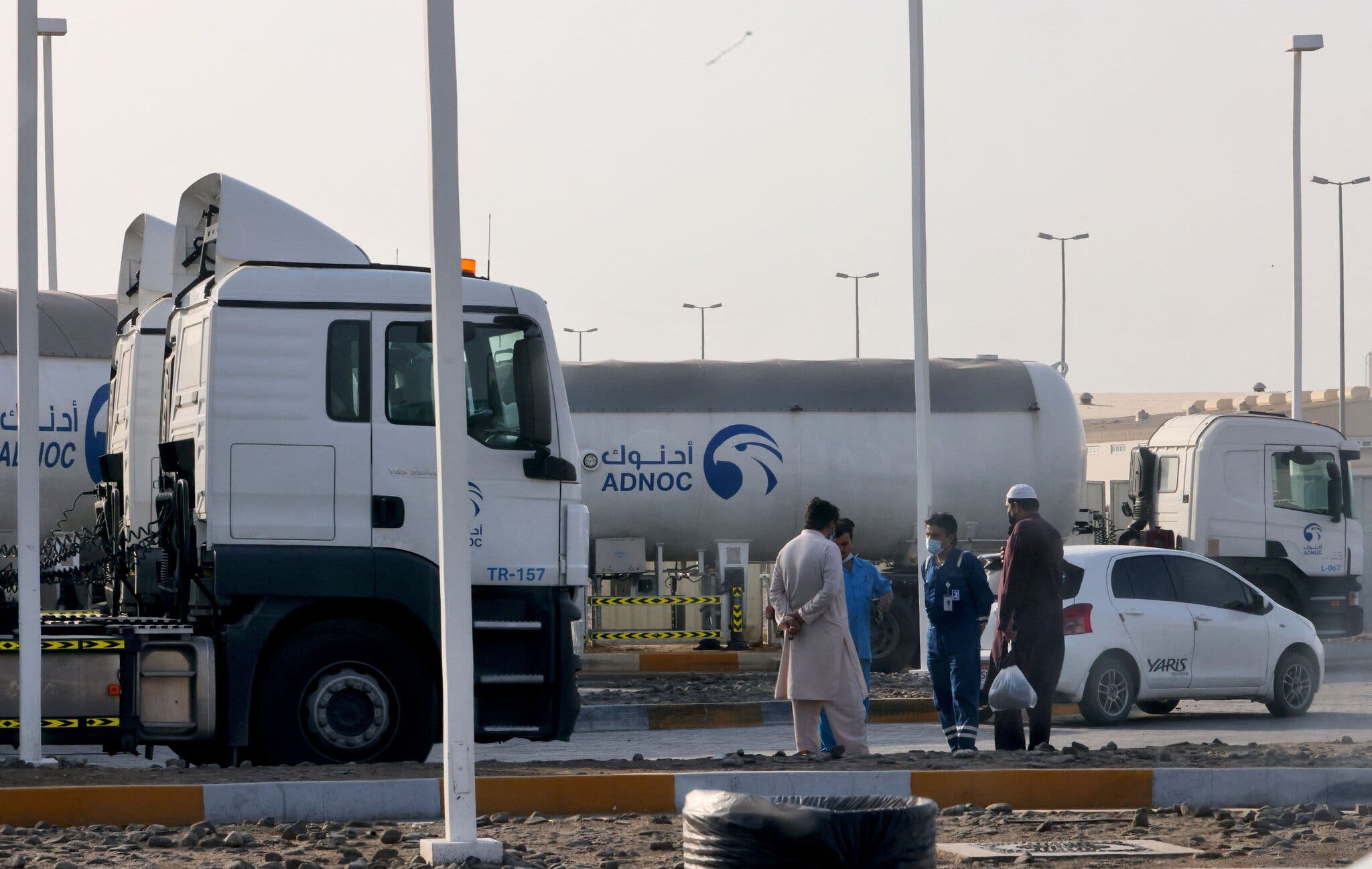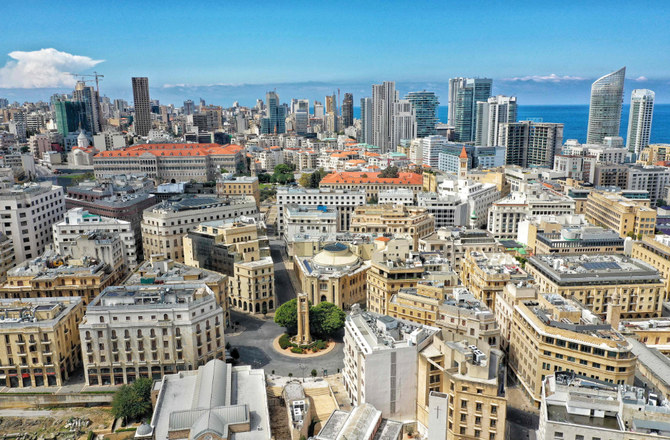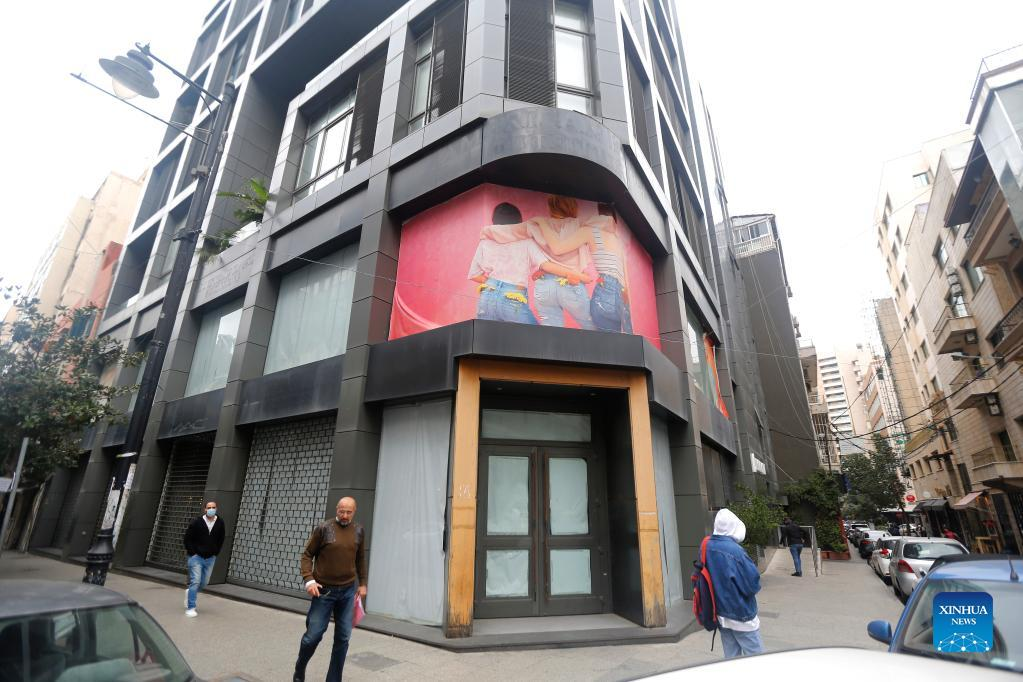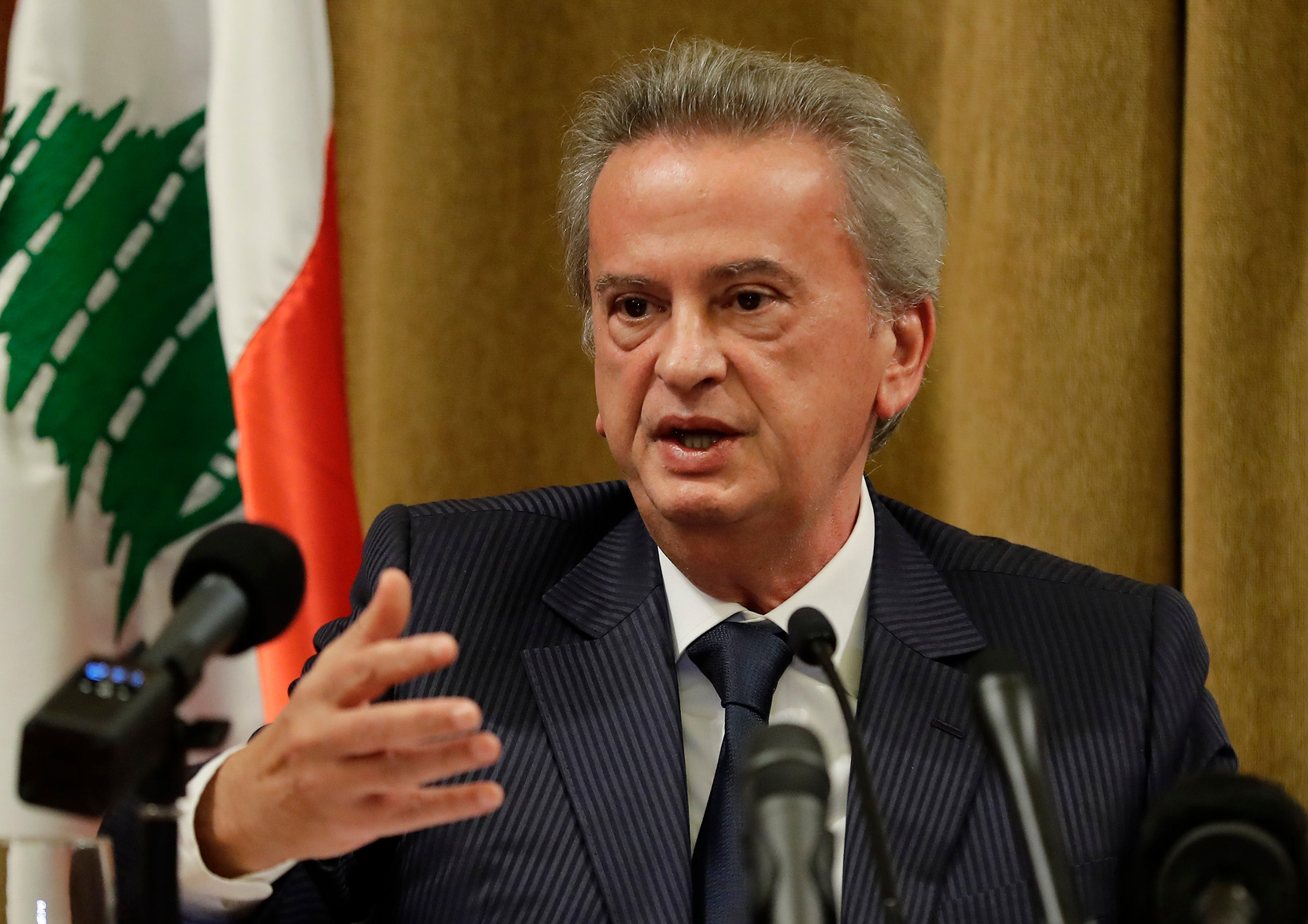
Central bank governor Riad Salameh
Beirut (AFP) – A Lebanese judicial delegation will meet French authorities in Paris next week to discuss investigations into Lebanon’s central bank governor Riad Salameh, a judicial source said on Thursday. Salameh is among the top Lebanese officials widely blamed for the country’s unprecedented financial crisis that the World Bank says is of a scale usually associated with wars. He is the target of a series of judicial investigations in Lebanon, Switzerland and France on suspicion of fraud, money laundering and illicit enrichment, among other allegations. Salameh has repeatedly denied the accusations.
Next week, Jean Tannous, the Lebanese prosecutor leading a local probe into Salameh, and Raja Hamoush, another Lebanese judge, will meet with French authorities, the judicial source told AFP. The visit “will focus on cooperation and exchange of information between the two sides regarding suspicions around Salameh and some of his close associates with regards to… money laundering, illicit enrichment,” among other crimes, the judicial source added, without specifying the exact date of the meeting. France had opened a probe into Salameh’s personal wealth in May 2021 following a similar move by Switzerland.

